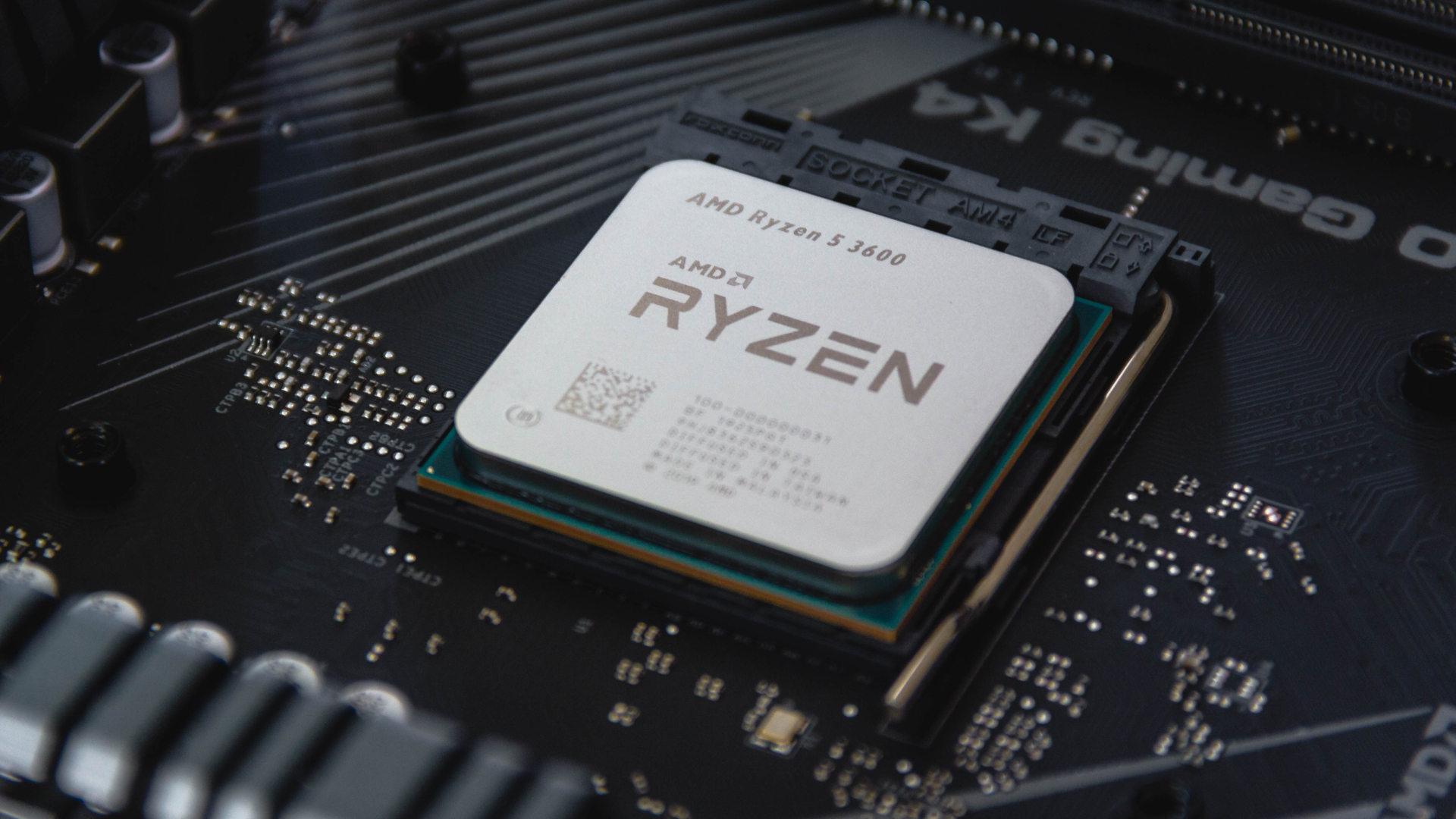AMD CEO says PC market isn't dead, hails EPYC sales
Rising adoption of its EPYC and Ryzen processors helps AMD turn in a record quarter

AMD has clocked another record-setting quarter piggybacking on the doubling of data center sales, with a significant increase in the shipments of the third-gen EPYC Milan processors.
“AMD had another record quarter as revenue grew 54% and operating income doubled year-over-year,” observed AMD president and CEO Dr. Lisa Su commenting on Q3 2021’s $4.3 billion revenue.
Recounting some of its biggest wins this quarter, AMD highlighted the use of EPYC processors for the Argonne National Labs’ Polaris supercomputer, as well as by the various cloud computing providers including Google Cloud, Amazon Web Services (AWS), and Cloudflare.
Consumers still king
AMD notes that another contributing factor to this quarter’s growth has been the higher revenue from the Computing and Graphics segment as well.
In an earnings call, as reported by VentureBeat, Su noted that AMD’s sales from PC and graphics products rose 44%, year over year, to $2.4 billion.
Driving much of that growth was the double-digit rise in shipment of the company's Ryzen 5000 processor, which was lapped up by manufacturers. Lenovo, for instance, launched its Ryzen-based Thinkbook and Thinkpad E series business laptops featuring Windows 11, while HP unveiled two Ryzen-powered all-in-one computers, and ASUS launched the Ryzen 5000 Series-based Zenbooks.
AMDs results paint a rosy picture for a segment that’s spent the entire quarter reeling under the effects of a global semiconductor shortage that’s affected manufacturers up and down the supply chain.
Sign up to the TechRadar Pro newsletter to get all the top news, opinion, features and guidance your business needs to succeed!
However, Su acknowledged that while the demand from the PC market is strong, component shortages will likely result in a “flattish” growth in the next quarter.
With almost two decades of writing and reporting on Linux, Mayank Sharma would like everyone to think he’s TechRadar Pro’s expert on the topic. Of course, he’s just as interested in other computing topics, particularly cybersecurity, cloud, containers, and coding.
